
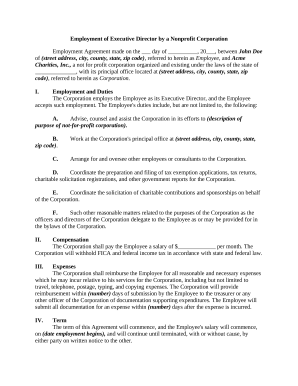

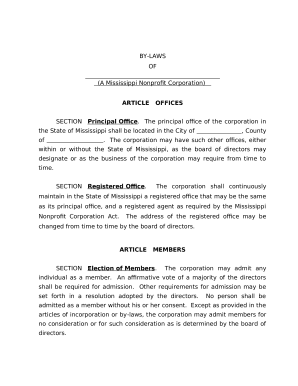

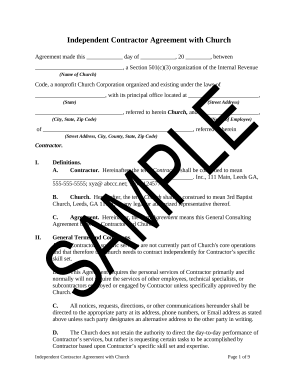
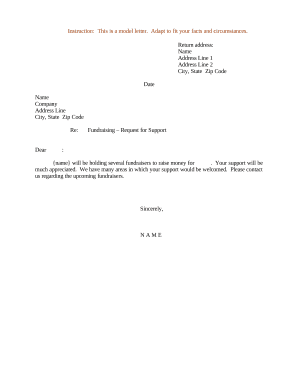
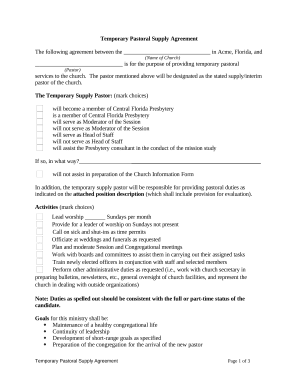
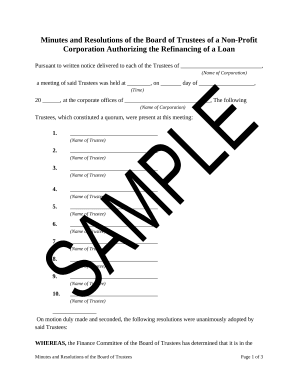
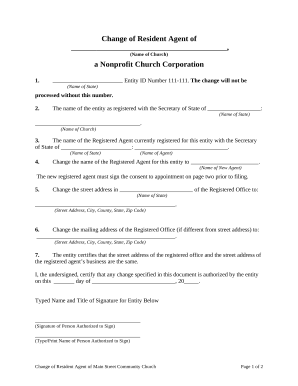
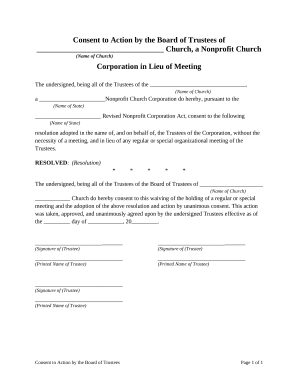
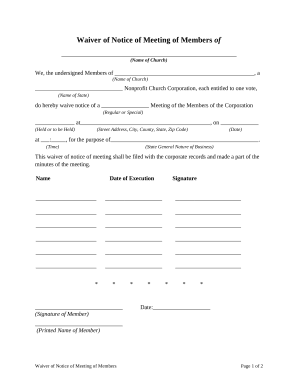
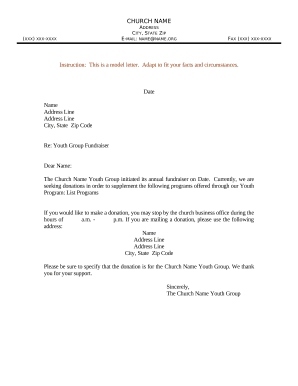
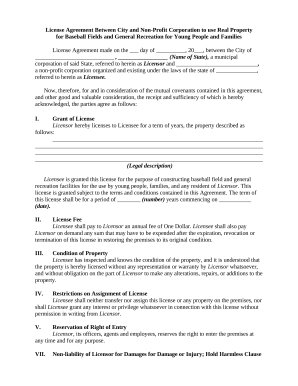

Document managing can stress you when you can’t locate all the documents you require. Luckily, with DocHub's vast form categories, you can get all you need and easily manage it without changing between applications. Get our Nonprofit Documents and start utilizing them.
How to use our Nonprofit Documents using these easy steps:
Try out DocHub and browse our Nonprofit Documents category without trouble. Get a free profile today!